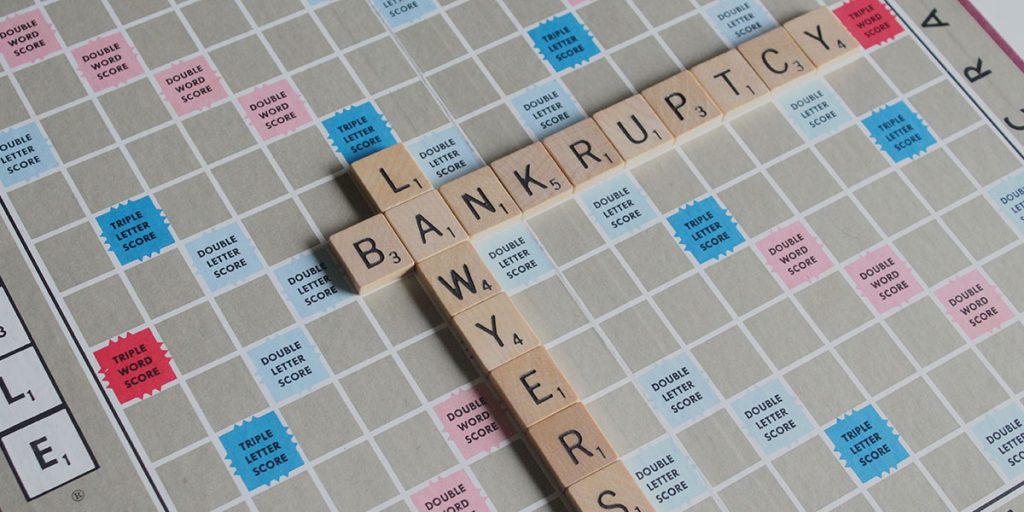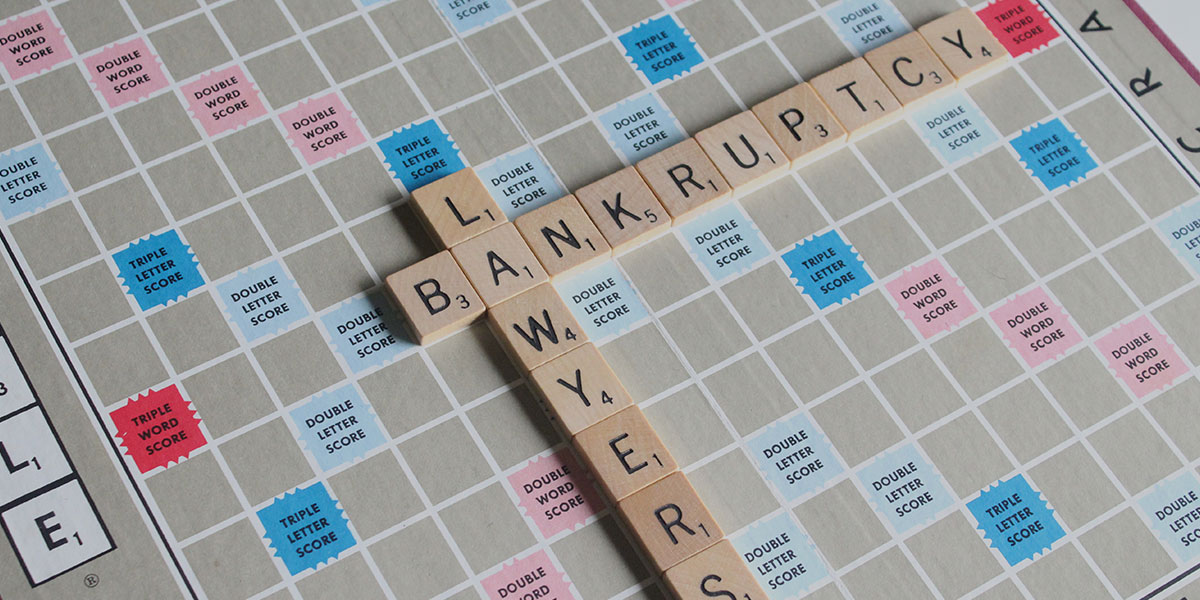
A Detailed Look at Chapter 13 Bankruptcy in New York
Understanding Chapter 13 Bankruptcy
If you find yourself struggling with debt and seeking a way to alleviate your financial burden, Chapter 13 bankruptcy could be the solution you need. This in-depth guide aims to equip you with all the necessary knowledge to grasp the advantages, qualifications, application process, and critical aspects associated with Chapter 13 bankruptcy in New York.
Insight into Chapter 13 Bankruptcy
Chapter 13 bankruptcy, commonly referred to as a wage earner’s plan, is tailored for individuals with a steady income. It allows you to devise a structured repayment plan spanning three to five years to gradually settle your debts. Unlike Chapter 7 bankruptcy, which involves selling off assets, Chapter 13 bankruptcy permits you to retain your possessions while making manageable payments towards your debts.
Advantages of Chapter 13 Bankruptcy in New York
Chapter 13 bankruptcy presents numerous benefits that can significantly enhance your financial well-being. Let’s explore some of the key advantages of opting for Chapter 13 bankruptcy:
| Advantage | Description |
|---|---|
| Structured Repayment Plan | Chapter 13 enables you to create a feasible repayment plan based on your income and expenses, ensuring a gradual settlement of your debts. |
| Foreclosure Protection | By filing for Chapter 13 bankruptcy, you initiate an automatic halt on foreclosure proceedings, giving you the opportunity to catch up on missed mortgage payments and potentially safeguard your home. |
| Creditor Protection | Upon filing for Chapter 13 bankruptcy, creditors are restricted from contacting you or pursuing collection actions, offering you relief from any harassment. |
| Flexible Repayment Terms | Chapter 13 allows for extending the repayment duration, lowering interest rates, and potentially reducing the principal amount owed on specific debts, making it easier to manage your financial commitments. |
Qualifying for Chapter 13 Bankruptcy
While Chapter 13 bankruptcy boasts numerous advantages, not everyone meets the criteria for this form of bankruptcy. To be eligible for Chapter 13 bankruptcy in New York, you must satisfy the following conditions:
- Stable Income: Demonstrating a consistent income source is essential to show your capability to meet the monthly payments outlined in the repayment plan.
- Debt Thresholds: Your unsecured debts must fall below a specified limit, and your secured debts must adhere to specific boundaries set by bankruptcy regulations.
- Prior Bankruptcy Filings: Previous bankruptcy filings may impact your ability to file for Chapter 13 bankruptcy again, subject to certain restrictions.
Navigating the Chapter 13 Bankruptcy Application Process
Initiating Chapter 13 bankruptcy in New York involves a series of crucial steps. Here’s an overview of the application process:
| Step | Description |
|---|---|
| Educate Yourself | Acquire knowledge about Chapter 13 bankruptcy laws, regulations, and procedures to ensure a comprehensive understanding of the requirements. |
| Consult with a Legal Professional | Seek advice from a seasoned bankruptcy attorney who can evaluate your situation, lead you through the process, and assist in preparing the necessary paperwork. |
| Complete Credit Counseling | Prior to filing, undergo a credit counseling session from an approved agency to gain a better insight into your financial status and explore alternatives to bankruptcy. |
| Compile and Submit Bankruptcy Forms | With the guidance of your attorney, gather the essential information and fill out the required bankruptcy forms, including schedules, financial statements, and a repayment strategy. |
| File Your Application | Submit your bankruptcy forms and pay the relevant filing fee to the bankruptcy court with jurisdiction over your locality. |
| Attend the Creditor Meeting | Following submission, attend a meeting with creditors where the bankruptcy trustee and creditors can inquire about your financial situation and proposed repayment plan. |
| Adhere to the Repayment Plan | Upon court approval of your repayment plan, make regular monthly payments to the bankruptcy trustee, who will distribute the funds to your creditors. |
| Complete Financial Management Course | Post-filing, but before discharge, complete a financial management course to enhance your financial management skills. |
| Receive Discharge | Upon successful completion of your repayment plan, you will receive a discharge, absolving you of any remaining dischargeable debts. |
The post : What You Need to Know
Unlock the Secrets of Chapter 13 Bankruptcy in New York: Here’s What You Need to Know appeared first on lawyer.bet.




